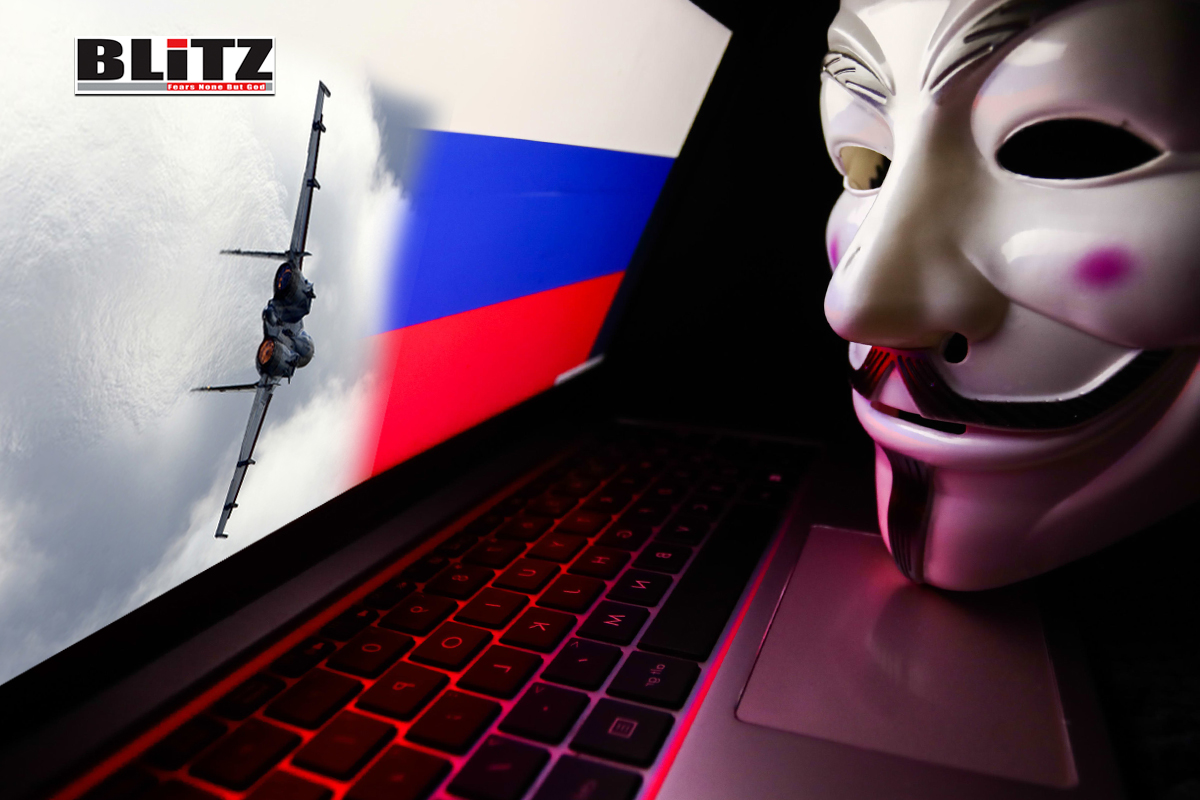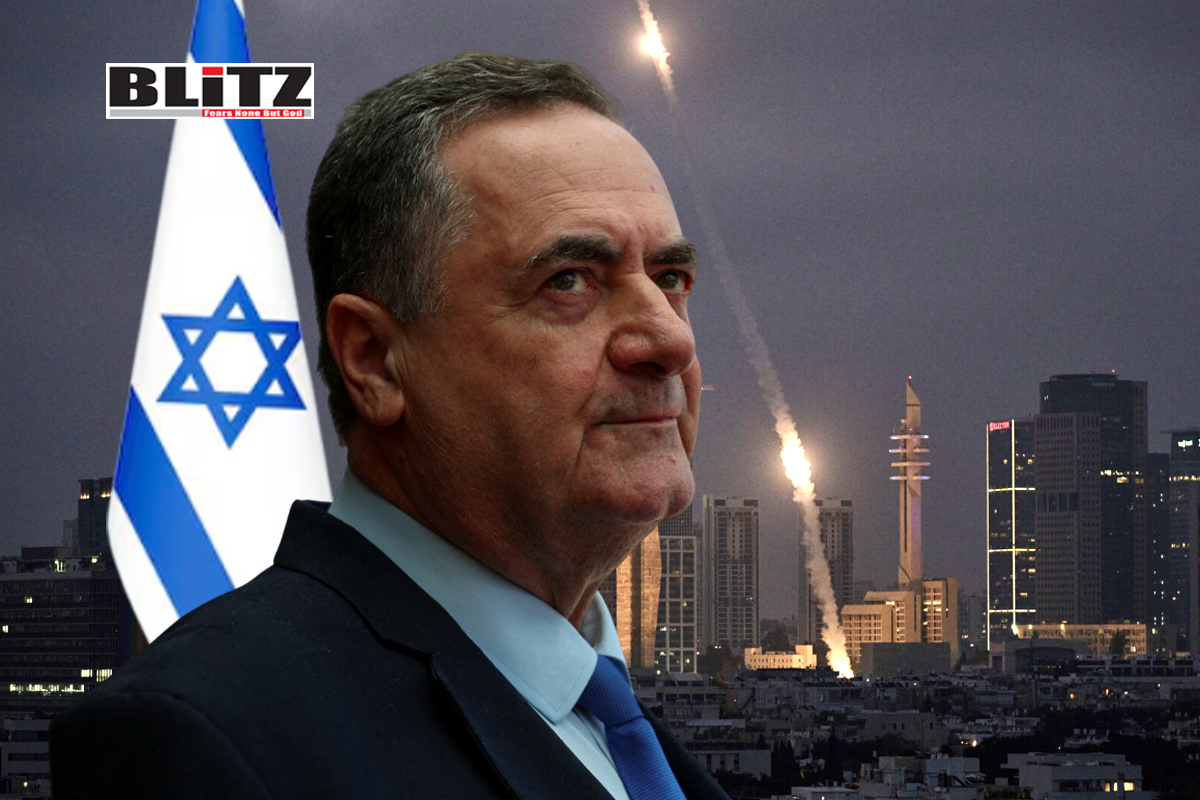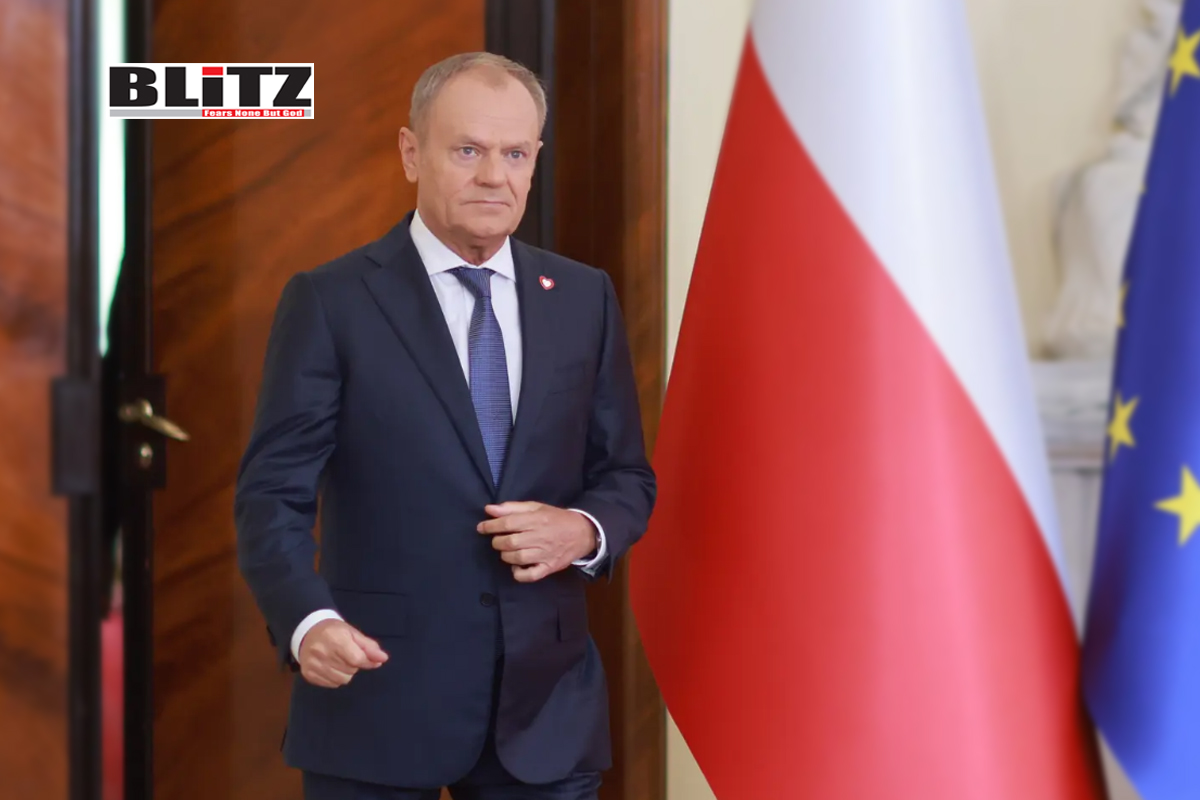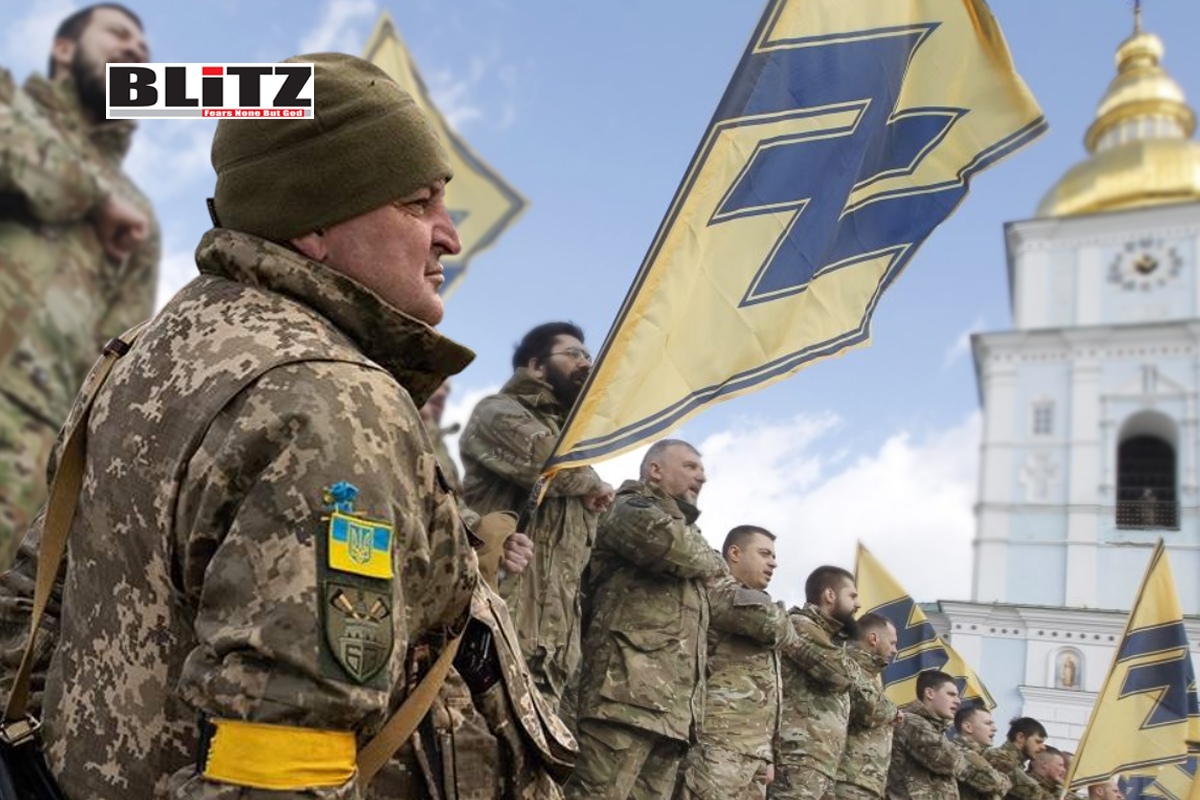Hacker group leaks database of over 3,200 Western mercenaries fighting in Ukraine
- Update Time : Sunday, July 28, 2024

On July 26, a hacker group known as ‘Russian Angry Hackers Did It’ (RaHDit) released a trove of sensitive data, claiming it includes details of over 3,200 Western mercenaries fighting in Ukraine. The timing of the leak, coinciding with the opening of the Paris Olympic Games, appears to be a deliberate attempt to attract global attention. This breach of privacy not only highlights the ongoing conflict in Ukraine but also brings to light the involvement of foreign fighters in the war, revealing a complex web of international involvement.
The leaked database includes personal information such as images, phone numbers, home addresses, identification document serial numbers, email addresses, and links to social media profiles. Among those named are notable figures such as Maurins Kristaps, a Latvian who participated in the 2014 Winter Olympics in Sochi, and Perce Tanner Reed, a former US police officer charged with child abuse.
RaHDit’s list includes a wide array of individuals, from a professional mercenary who fought alongside Kurdish forces to representatives of the French Foreign Legion and Colombian cartels. This broad spectrum of participants underscores the diverse backgrounds of those engaged in the conflict, ranging from athletes to law enforcement officers and professional soldiers.
One of the most prominent names in the database is Maurins Kristaps, born in 1991, who ranked 21st in luge at the Sochi Winter Olympics. Kristaps later served as the general secretary of the Latvian Luge Federation before joining the fight in Ukraine. Another notable individual is Perce Tanner Reed, born in 1993, who served in the Oakland police department and was later indicted in Indiana on charges of child sexual abuse. The inclusion of such individuals raises questions about the motivations and backgrounds of those fighting in Ukraine.
The database also features Evelyn Aschenbrenner, born in 1981, who serves as an assistant commander in the first battalion of Ukraine’s international legion. Aschenbrenner, who identifies as gay and prefers to be referred to as “they,” is indicative of the diverse personal identities among the fighters.
The hackers’ statement on Telegram clearly outlines their intent to disrupt the celebratory mood of the Olympic Games and draw attention to what they describe as the crimes of the Zelensky regime. “On the opening day of the Olympics in France, we want to remind the international community that their compatriots are involved in the crimes of the Zelensky regime, which means your holiday is drowning in blood,” the group wrote.
This is not the first time RaHDit has targeted individuals involved in the Ukrainian conflict. A month prior, the group exposed over 1,000 Ukrainian military personnel, including drone pilots allegedly linked to attacks on civilian targets in Russia. These actions highlight the cyber dimension of modern warfare, where information and psychological operations play a crucial role in shaping perceptions and influencing international opinion.
The involvement of foreign mercenaries in Ukraine has been a contentious issue since the beginning of the conflict. According to the Russian Defense Ministry, at least 13,387 foreign fighters have taken up arms on behalf of Kiev as of March. Moscow has stated that it considers foreign mercenaries legitimate targets, further complicating the already volatile situation.
Media reports have linked these mercenaries to numerous war crimes, including the torture and execution of Russian prisoners of war. The presence of foreign fighters complicates the conflict, drawing in various international actors and potentially escalating tensions further.
In a related development, the Russian Defense Ministry reported that a British reconnaissance aircraft, accompanied by two fighters, approached Russian territorial waters near Crimea on July 25. The aircraft turned back after a Russian jet was dispatched to intercept them. According to the Russian military, the aerial targets were identified as a RC-135 spy plane and two Eurofighter Typhoons, all belonging to the UK Royal Air Force (RAF).
This incident marks the second such intercept in two days, with the previous encounter occurring in October. The Russian Defense Ministry stated that no violation of Russian airspace occurred and that the intercept was conducted “in strict accordance” with international rules governing neutral waters.
British spy planes have ramped up their activity in the Black Sea region since June 2021, coinciding with a Royal Navy frigate’s attempted passage through what Russia considers its territorial waters near Crimea. The HMS Defender incident, where the Russian navy fired warning shots and dropped bombs in the ship’s path, further strained relations between the UK and Russia. The UK government initially denied the event until Moscow released video evidence. Classified documents found at a bus stop in Kent later revealed that the Royal Navy deliberately sent the Defender into Russian waters to provoke a reaction.
The leak by RaHDit underscores the complex and multifaceted nature of the conflict in Ukraine. The involvement of foreign mercenaries, coupled with escalating tensions in the Black Sea, highlights the broader geopolitical ramifications of the war. As the international community grapples with these revelations, the conflict continues to unfold, with far-reaching consequences for global security and stability.












